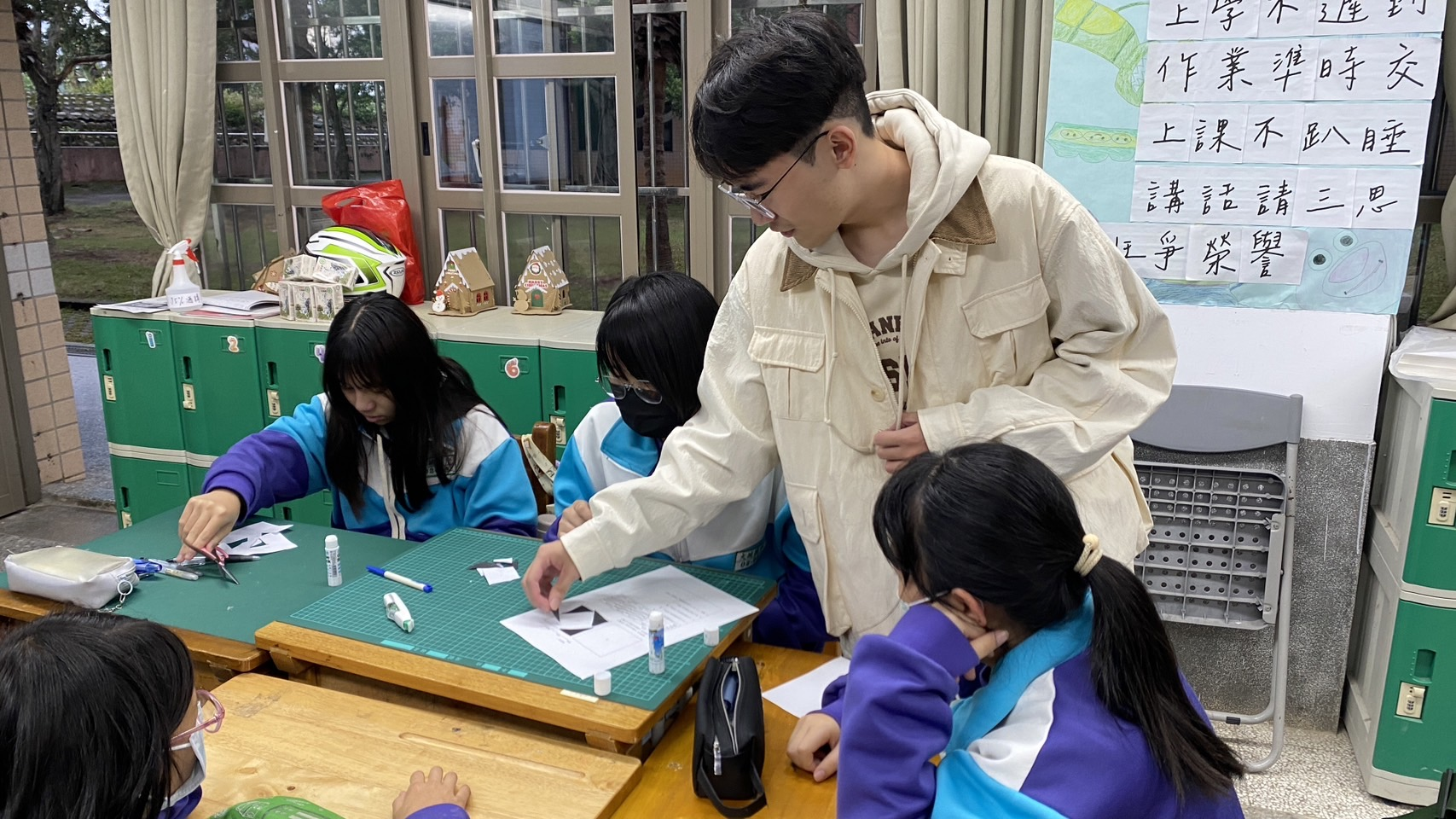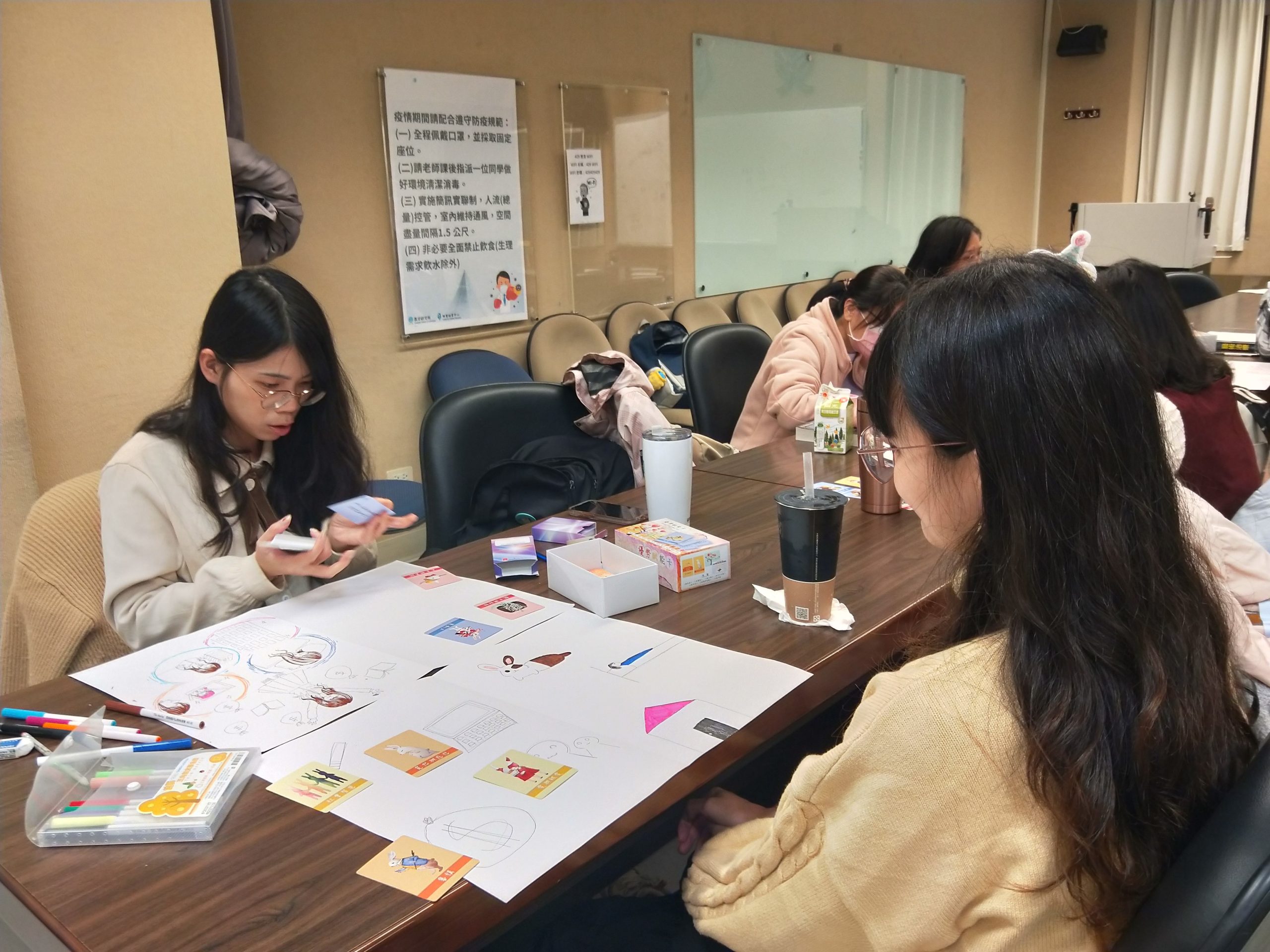首頁 » Courses » College of Humanities and Education » Center for Teacher Education
Adaptive Instructional Strategies and Practice
- Instructor: Lin, Chun-Hung
- Service Recipients: Guanyin Junior High School
- Course Description:
This course involves providing services to schoolchildren in remote areas, focusing on assisting students who experience learning challenges. Through diverse subject tutoring and engaging activities, the program enhances students’ learning motivation and interpersonal skills while fostering cultural respect and a sense of personal responsibility.

The Contents and Pedagogy of Elementary School Mathematics / Teaching Practice
- Instructor: Lin, Shih-Chang
- Service Recipients: Dapo Junior High School
- Course Description:
This course is designed in alignment with the principles of the 108 Curriculum Guidelines, focusing on competency-based mathematics instruction. Creative math lessons are planned and implemented in real educational settings to provide rural junior high school students with more opportunities to engage with mathematics. Through game-based activities, students apply mathematical knowledge in practical contexts, enhancing their motivation to learn mathematics.

Teaching Practice
- Instructor: Li, Hsin-Yi
- Service Recipients: Guanyin Junior High School
- Course Description:
This course integrates practical teaching and mentoring through workshops and supervisory sessions aimed at enhancing students’ future self-directed learning and employability skills. Junior high school students are guided to participate in self-exploration workshops using various artistic media, fostering creativity and self-awareness.


